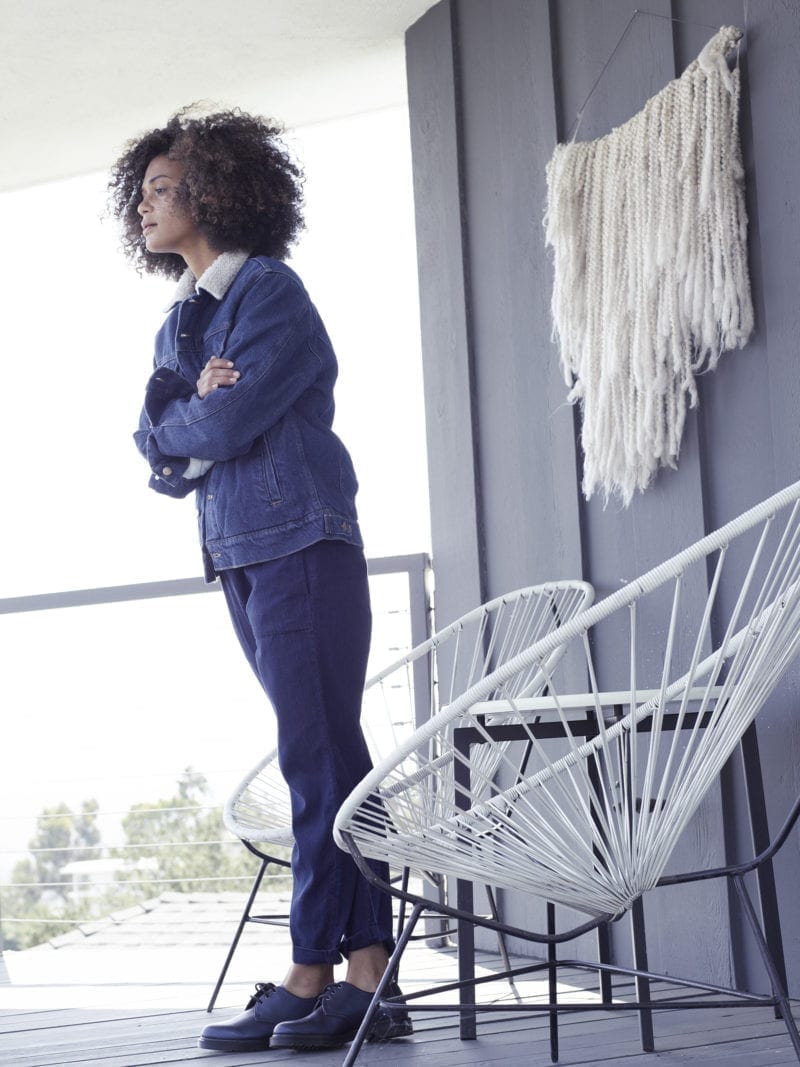Queen Brené (Brown, that is) was all too correct when she asserted the simple truth that, “Clear is kind. Unclear is unkind.”
As a bonafide people-pleaser and codependent for, well, pretty much all of my life, this is a never-ending struggle for me. Of course in my head I know that clear is kind. But living that out? Even when being clear might mean setting some actual boundaries with the people in my life? Honestly, that sounds kind of terrifying. I can’t be alone here, right?
The truth of the matter is it’s easier to stay small. It’s easier to not speak up. To not assert yourself. To not use your voice.
We care more about what people will think and wanting people to like us. At the end of the day, who is that really helping? Not those in your community and certainly not yourself.
We care more about what people will think and wanting people to like us.
As someone who has struggled with finding my voice and setting boundaries for as long as I can remember, here are a few tips from a fellow sojourner.
Take ownership of what is “yours” but only what is yours.
Setting boundaries doesn’t negate taking personal responsibility for your actions and the way that you treat others. If you feel that you have done something wrong, then you can always work toward making it right (even if there are boundaries in place.)
Yet, here’s the catch: It is important to distinguish what is yours to “pick up” and what isn’t. If you are like me, someone who has until recently never operated with many boundaries, it’s easy to want to take responsibly for everyone else’s moods and actions. We people-pleasers apologize a lot. When you start feeling that tension within yourself, I encourage you to pause and take stock of what is happening within you.
It is important to distinguish what is yours to “pick up” and what isn’t.
Are you feeling the need to apologize and take responsibility because of something that you said or did? Was it you or are you taking on something that isn’t yours to take on? It’s an important distinction to make and one that will save you a lot of inner strife.
The only people who get upset about you creating boundaries are the ones who benefited from you not having any in the first place.
I’ve seen this quote floating around the internet and the first time I read it I was so taken aback because it just made so much sense. Of course! The people who truly love and care for you and your well-being will respect you enough to adhere to any boundaries you might put in place. Those who really want what is best for you will get over any initial discomfort that your “no” or your boundary might have caused them.
If someone is upset that you spoke up and set a boundary, then that might have a lot more to say about them than it does about you. Finding your voice and putting boundaries in place might come with some growing pains, but the growth will be so worth it in the long run.
Setting boundaries is actually one of the most loving things you can do.
Choose temporary discomfort over continued resentment. Setting boundaries really just means speaking up and saying what is OK and what is not OK. Going back to the work of Brené Brown, she says that her research finds the most compassionate people are also the ones with the most boundaries.
The most compassionate people are also the ones with the most boundaries.
This is true because when boundaries are put in place, we can assume the best about people. We can move through life being as loving and generous as we want to be, while also being straightforward with what is OK and what is not OK. We can assume that people are doing the best that they can. We won’t resent them for crossing boundaries or not meeting expectations that we never set in the first place.
So Brené asks, “What boundaries need to be in place for me to stay in my integrity and make the most generous assumptions about you?” Generosity cannot exist without boundaries. Empathy cannot exist without boundaries. Genuine relationship cannot exist without boundaries. Boundaries are very important.
Because, well, clear really is kind. I don’t know about you, but I think we could all use a little more kindness.
Image via Ben Cope, Darling Issue No. 14











